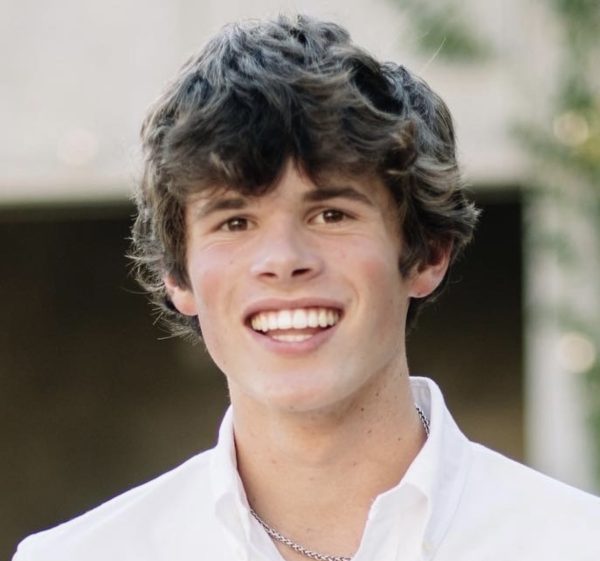This year, the University of Utah launched the Viewpoint Representation and Expression Task Force to foster free expression and ideological diversity on campus.
President Taylor Randall recently announced that the task force will evaluate the university’s climate and policies to ensure that all voices and perspectives are welcomed and respected.
The task force, chaired by Jason Perry, vice president for government relations and director of the Hinckley Institute of Politics, includes diverse representatives from the university community, including faculty, students, staff, trustees and other stakeholders.
University Spokesperson Rebecca Walsh said this broad representation ensures all perspectives are considered.
“Our committee is reviewing current policies, surveying the campus community and exploring ways to encourage more viewpoint diversity with speakers, forums and debates,” Walsh said. “There is no better place than a college classroom to have these challenging and rewarding conversations.”
The university created the task force in response to concerns from students, faculty, state leaders and other stakeholders regarding whether the campus environment adequately supports open dialogue.
Randall highlighted the importance of addressing these issues by referencing former U President David P. Gardner, who believed universities should challenge students to engage with diverse ideas.
“In 2024, we must expand on President Gardner’s vision and ensure that our campus welcomes and respects the broad range of voices and perspectives of our students, as well as our faculty, staff, and the communities we serve,” Randall said.
The initiative aligns with a resolution passed by the Utah System of Higher Education in late 2023, which established guidelines for promoting free expression across the state’s college campuses.
The task force will deliver a final report in 18 months, with initial findings expected next year. The report, according to an @theU press release, will focus on four main areas:
- Assessing campus climate: Conducting surveys and focus groups to gauge the current state of free expression and ideological diversity.
- Policy review: Evaluating the Faculty Rights and Responsibilities Code, the Student Rights and Responsibilities policy and other governance documents to identify areas for improvement.
- Conducting future research: Recommending other areas to evaluate in order to foster a more inclusive environment for civil discourse.
- Modeling best practices: Proposing forums, debates and speaker series that demonstrate respectful engagement with controversial topics.
Walsh said the initiative reflects the university’s commitment to higher education as a space for exploring diverse ideas.
“Higher education exists to explore humanity’s history of thought and ways of thinking, the development of new knowledge and ideas, and robust debate of both,” she said.
The task force’s work takes place amid national debates over free speech and inclusivity in higher education. Randall and the university aim to strike a balance between fostering open dialogue and creating a campus environment where all members feel safe and respected.
“In an era of increasing polarization, we have a responsibility to ensure that our students are not only exposed to a diversity of viewpoints but are also equipped to engage with those ideas thoughtfully and respectfully,” Randall said.
The final report, expected in 2025, will detail recommendations to ensure that the university’s policies and practices support an inclusive and intellectually vibrant campus for years to come.



